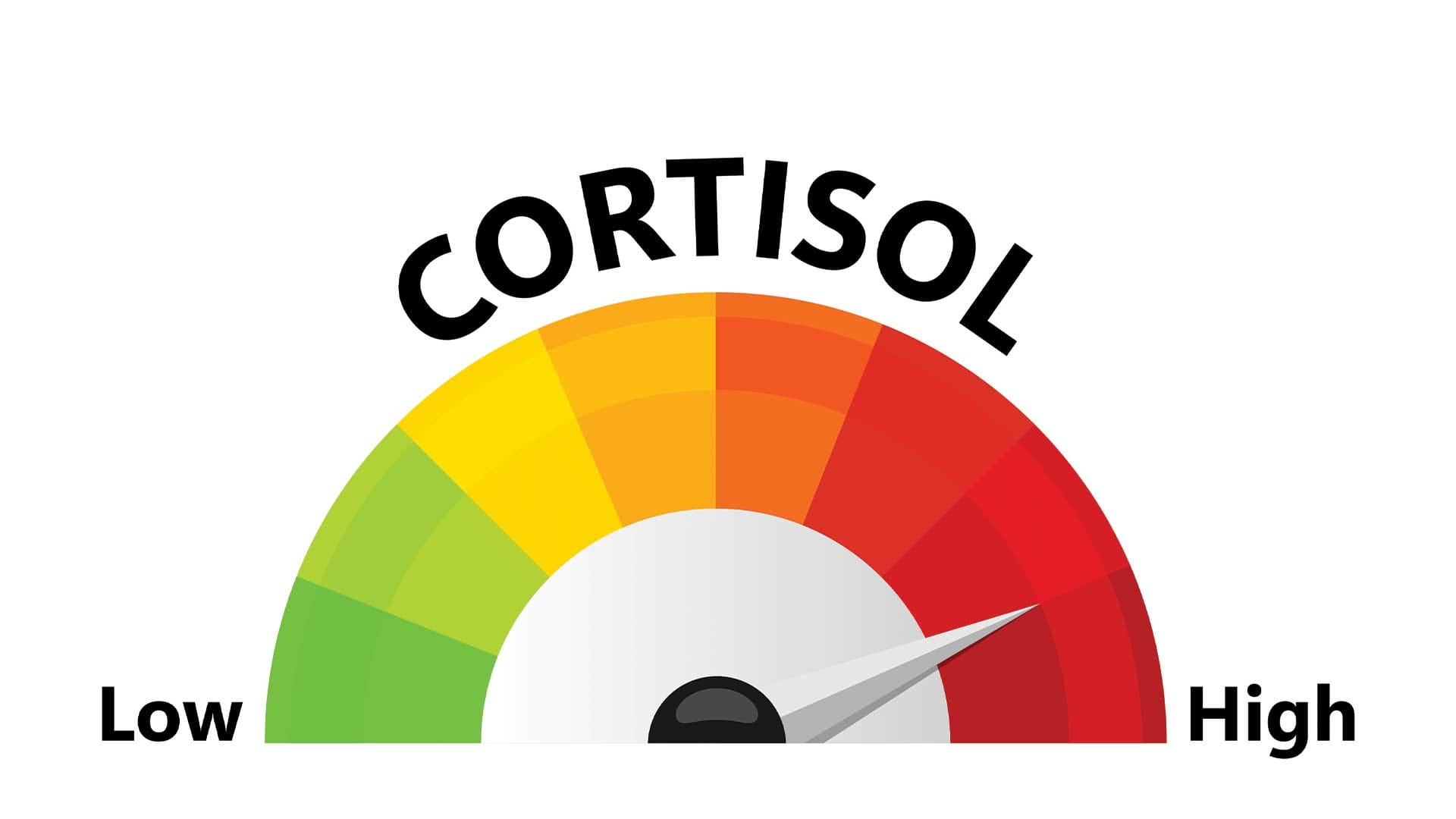
Understanding Cortisol: Key to Hormonal Health
Understanding Cortisol: The Unsung Hero of Hormonal Health
The Role of Cortisol in Your Body
Cortisol, often dubbed the “stress hormone,” plays a crucial role in your body’s stress response. But there’s more to cortisol than just stress. This hormone, produced by the adrenal glands, helps regulate metabolism, reduce inflammation, and control blood sugar levels. In functional medicine, understanding cortisol’s role is vital because it acts as a precursor to many other hormones, influencing everything from your sleep patterns to your mood.
When Good Cortisol Goes Bad
Cortisol is like a fire extinguisher for your body, putting out small “fires” such as inflammation or infection. However, when you’re constantly stressed—whether from emotional pressures, poor diet, or physical overexertion—your body can become stuck in a state of chronic cortisol release. This prolonged high cortisol can lead to high insulin levels, resulting in issues like weight gain, brain fog, and hormone imbalances.
Lori and Kelly highlight the importance of addressing cortisol imbalances first before tackling sex hormone issues like estrogen or progesterone imbalances. Many women experience symptoms such as bloating, irritability, and forgetfulness, which they might initially attribute to estrogen. However, these symptoms often have their roots in cortisol dysregulation.
The Domino Effect of Cortisol Imbalance
One of the key points discussed in the podcast is the domino effect that cortisol imbalance can create. Chronic high cortisol can disrupt your brain’s hypothalamus-pituitary-adrenal (HPA) axis, leading to imbalances in other hormones, including thyroid hormones and sex hormones like estrogen. This can manifest in a range of symptoms, from hair loss and dry skin to more severe issues like memory loss.
Kelly and Lori stress that your brain, particularly the hippocampus (your memory center), is highly sensitive to prolonged high cortisol levels. This makes it essential to address cortisol imbalances early on to prevent long-term damage.

Practical Steps to Balance Cortisol
If you’re experiencing symptoms of cortisol imbalance, the good news is that there are practical steps you can take to restore balance. Here are some strategies discussed in the podcast:
1. Eat a Balanced Breakfast Within an Hour of Waking: Starting your day with a meal rich in protein can help stabilize blood sugar levels and prevent cortisol spikes. Avoid high-sugar, processed foods that can exacerbate cortisol imbalance.
2. Incorporate Stress-Reduction Technique: Regular activities like deep breathing, meditation, or even a walk in nature can help lower cortisol levels. As Kelly mentioned, even something as simple as chewing your food thoroughly can aid digestion and reduce stress on your body.
3. Optimize Your Exercise Routine: While exercise is crucial for overall health, high-intensity workouts can increase cortisol levels, especially if your body is already under stress. Consider incorporating more restorative activities like yoga or walking into your routine, particularly if you’re experiencing symptoms of cortisol dysregulation.
4.Prioritize Sleep: Sleep is your body’s natural way of resetting cortisol levels. Aim for at least 7-8 hours of quality sleep each night, and consider winding down with a relaxing routine before bed.

Take Control of Your Hormonal Health
It’s important to remember that you have the power to take control of your cortisol levels and, by extension, your overall hormonal health. As Lori emphasized, even small changes can lead to significant improvements in how you feel and function. Start with one or two manageable adjustments, like improving your breakfast choices or incorporating a daily stress-relief practice, and build from there.
Final Thoughts
Cortisol plays a complex, yet essential role in your body’s health. By understanding and managing your cortisol levels, you can set the stage for better hormone balance, improved energy levels, and enhanced well-being. If you’re experiencing symptoms of cortisol imbalance, remember that it’s never too late to make positive changes. Small steps can lead to big improvements in your health.

